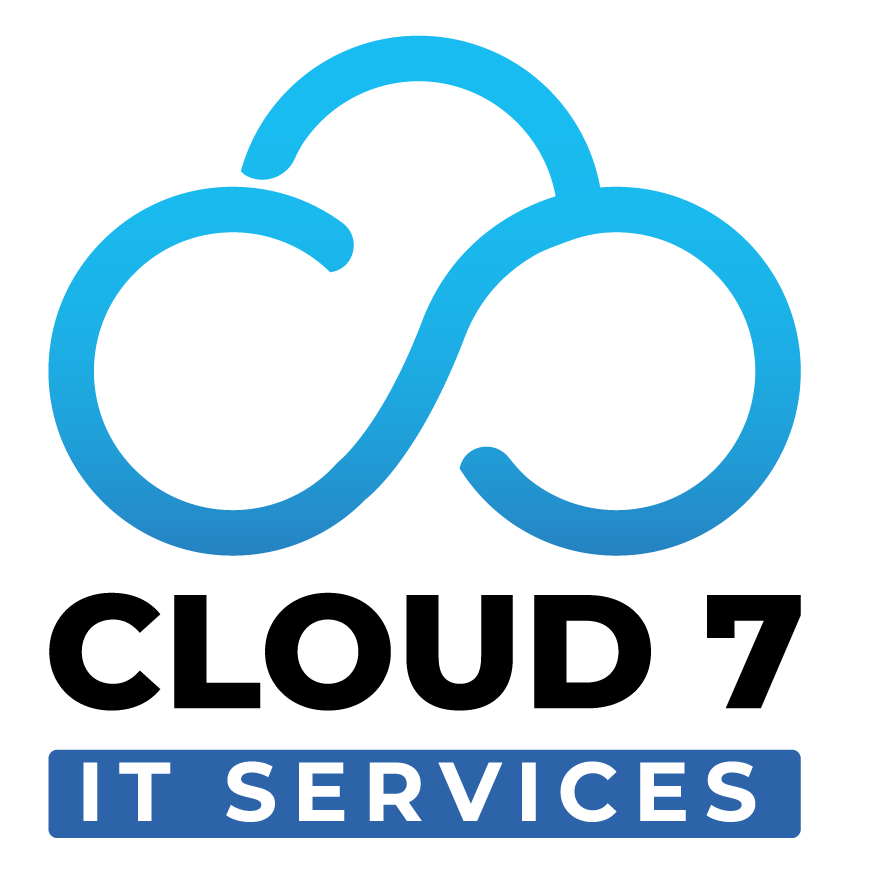Everything You Need to Know About Blockchain Technology
Digital Identity: Blockchain-based identity management systems provide individuals with secure and verifiable digital identities, reducing the risk of identity theft, data breaches, and identity fraud. By giving users control over their personal data and authentication processes, blockchain enhances privacy and security in digital interactions.
Healthcare: In healthcare, blockchain facilitates secure and interoperable exchange of patient data, medical records, and health information among stakeholders. Blockchain-based platforms enable patients to securely share their medical history with healthcare providers, improve data integrity, and streamline administrative processes, leading to more efficient and patient-centric care delivery.
Finance and Banking: The financial sector has embraced blockchain technology to streamline processes, reduce costs, and enhance security in areas such as cross-border payments, remittances, and securities trading. Blockchain-based platforms enable faster settlement times, lower transaction fees, and increased transparency in financial transactions, revolutionizing the traditional banking landscape.
Conclusion:
Blockchain technology holds immense potential to revolutionize industries, empower individuals, and reshape the digital landscape. Its decentralized and transparent nature, coupled with cryptographic security and smart contract capabilities, opens up endless possibilities for innovation and disruption across various sectors. As blockchain continues to evolve and mature, businesses, governments, and individuals alike stand to benefit from its transformative capabilities, driving greater efficiency, transparency, and trust in the digital economy. Embracing blockchain technology is not just about adopting a new technology; it's about embracing a paradigm shift towards decentralized and trustless systems that have the power to change the world as we know it.
.





